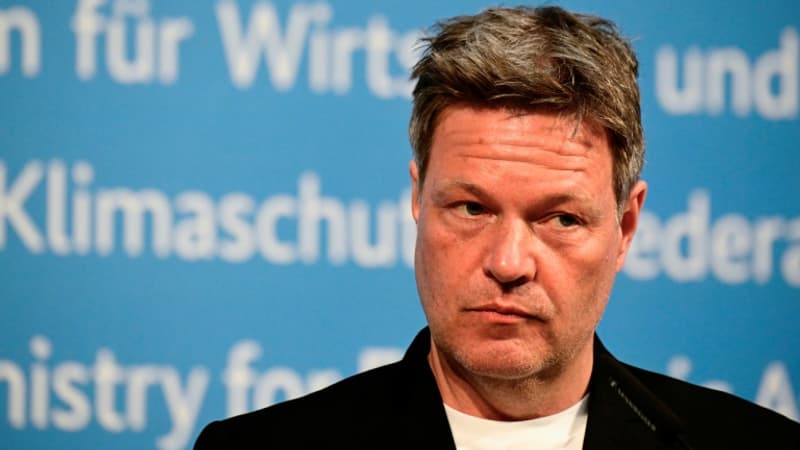German Vice Chancellor Robert Habeck on Tuesday called on the European Union and Beijing to “find a negotiated solution” to the dispute over taxes on Chinese electric cars in order to “avoid a trade war.” “We want to avoid a trade war with a spiral of tariffs, which ultimately harms both sides,” the Vice Chancellor and Economics Minister said in a statement after his meeting in Berlin with Chinese Trade Minister Wang Wentao.
The latter is due to travel to Brussels on Thursday to try to convince European Trade Commissioner Valdis Dombrovskis to give up on the application of customs duties by the EU. Germany, in turn, is increasing the pressure on negotiators, after Spain last week asked the EU to review its position. Berlin, which has long been sceptical about the issue of surcharges proposed by the EU, was pleased to see that Madrid was sympathising with its views. “We do not need another war, in this case a trade war,” declared Spanish Prime Minister Pedro Sanchez in Shanghai.
“We share the same orientation,” the German Foreign Ministry said following the Spanish leader’s remarks.
Vote on customs duties before the end of October
The European Commission announced on August 20 that it would impose a five-year surcharge on electric cars from China, including those from the American manufacturer Tesla, which has a factory in Shanghai. It accuses Beijing of distorting competition by massively subsidising manufacturers on its territory, allowing them to offer lower prices to customers. The EU hopes to protect its automotive sector, which employs 14.6 million workers. In retaliation, Beijing has launched an anti-dumping investigation into imports of pork and pork products, of which Spain is the largest European exporter to China.
Before becoming final, the customs duties must be confirmed by a vote of the 27 EU member states before the end of October. But member states are divided on the issue. France has pushed for measures targeting Chinese vehicles. Germany, Sweden and Hungary are calling for restraint because of their links to the Chinese car sector.
“Germany is not afraid of competition with China”
The introduction of taxes has broad support in the European Council. To counter the Commission, opponents must bring together 15 of the 27 states, which represent 65% of the EU population. The German government itself does not speak with one voice; divisions between the Greens, Liberals and Social Democrats, members of the coalition, are once again manifesting themselves on this issue. The German car industry, the mainstay of Europe’s largest economy, fears the repercussions of a trade conflict in an already sluggish economic environment, especially for sales of electric vehicles.
“China is of great importance for the German and European economy; on the other hand, China also has a great interest in trading with us,” said Robert Habeck on Tuesday.
“Germany is not afraid of competition with China,” which must take place “on fair terms,” said the environmental minister. He had already met Wang Wentao in Beijing this summer to try to mediate. China remained Germany’s largest trading partner for the eighth consecutive year in 2023, although it has fallen behind the United States since the beginning of the year. The Asian giant is the main market for German carmakers, including Volkswagen, Germany’s largest industrial employer, which announced at the beginning of September that it was considering closing factories and layoffs to reduce costs.
Source: BFM TV


